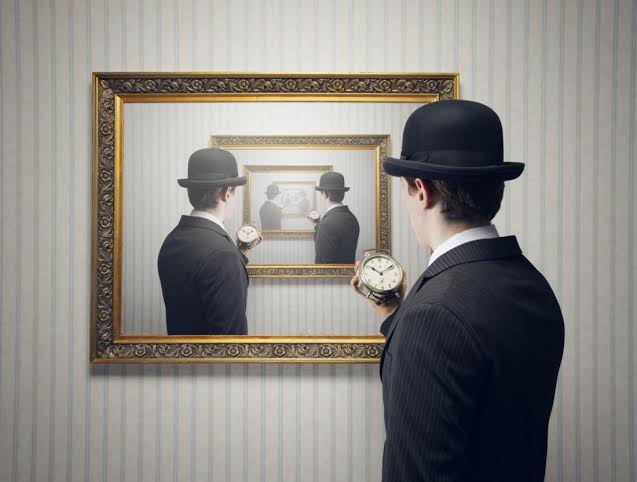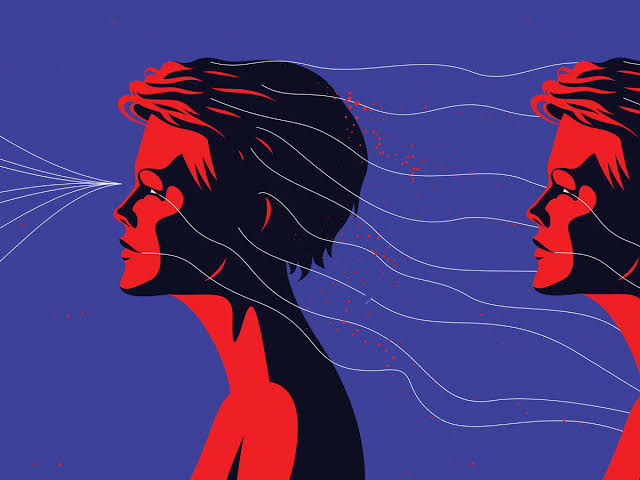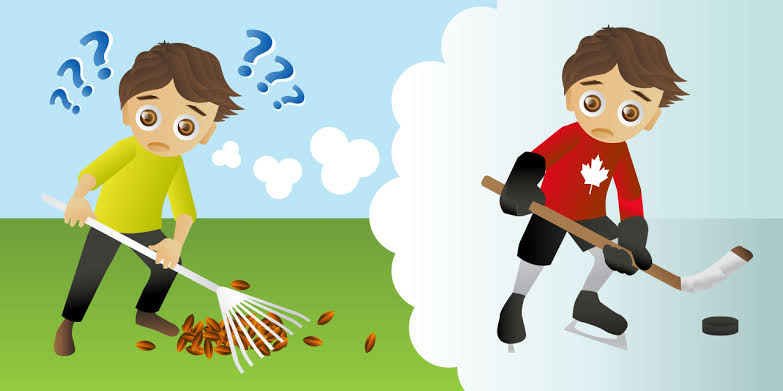Exploring the Science, Psychology, and Philosophy Behind the “Deja Vu” Phenomenon

Deja vu, a term borrowed from French that translates to “already seen,” is a phenomenon that has intrigued and mystified individuals for centuries. It is a feeling of familiarity, as if the present moment has been experienced before, even though it’s unfolding for the first time. While deja vu is a common occurrence, its underlying mechanisms remain shrouded in mystery, sparking numerous theories and debates among scientists, psychologists, and philosophers.
Understanding Déjà vu:

Déjà vu typically manifests as a fleeting sensation, often accompanied by a sense of confusion and wonder. It can occur in various contexts, from everyday activities to more profound life experiences. Psychologists suggest that deja vu may be linked to memory processes, where a current situation may bear a resemblance to a past memory, creating a false sense of familiarity.
Neuroscientific explanations propose that Déjà vu arises from a momentary hiccup in the brain’s processing of incoming information. The brain may momentarily interpret a new experience as a memory, leading to the feeling of having encountered the situation before. This phenomenon involves intricate interactions among various brain regions and remains an active area of research.
Theories Surrounding Déjà vu:

Several theories attempt to explain the occurrence of Déjà vu. Some researchers propose that it could be a result of dual processing in the brain, where information is initially processed in a different region than where conscious awareness occurs. Others suggest that it may be related to a mismatch between the timing of sensory input and the brain’s processing speed.
Psychodynamic theories delve into the realm of the unconscious mind, proposing that deja vu might be a manifestation of repressed memories or unresolved psychological conflicts. However, empirical evidence supporting these theories is limited, and the mystery surrounding deja vu persists.
Cultural and Philosophical Perspectives:

Beyond scientific explanations, deja vu has intrigued philosophers and cultural observers throughout history. Some cultures attribute deja vu to spiritual or mystical experiences, linking it to notions of fate or destiny. Philosophers contemplate the implications of experiencing time in a non-linear fashion, raising questions about the nature of reality and consciousness.
In conclusion, deja vu continues to be a fascinating and enigmatic aspect of human experience. Despite advances in neuroscience and psychology, our understanding of this phenomenon remains incomplete. Whether it is a quirk of memory, a glitch in perception, or something more profound, the allure of deja vu lies in its ability to momentarily transport us to the intersection of the known and the unknown. As we unravel the mysteries of the mind, the concept of deja vu persists as a reminder that the human experience is filled with phenomena that defy easy explanation.
Write with us✍?
TeamUgtWorld warmly welcomes everyone! If you have something on your mind that you’d like to write about, we invite you to publish your content on our platform @Ugtworld. To learn more, please click on the link provided below.


